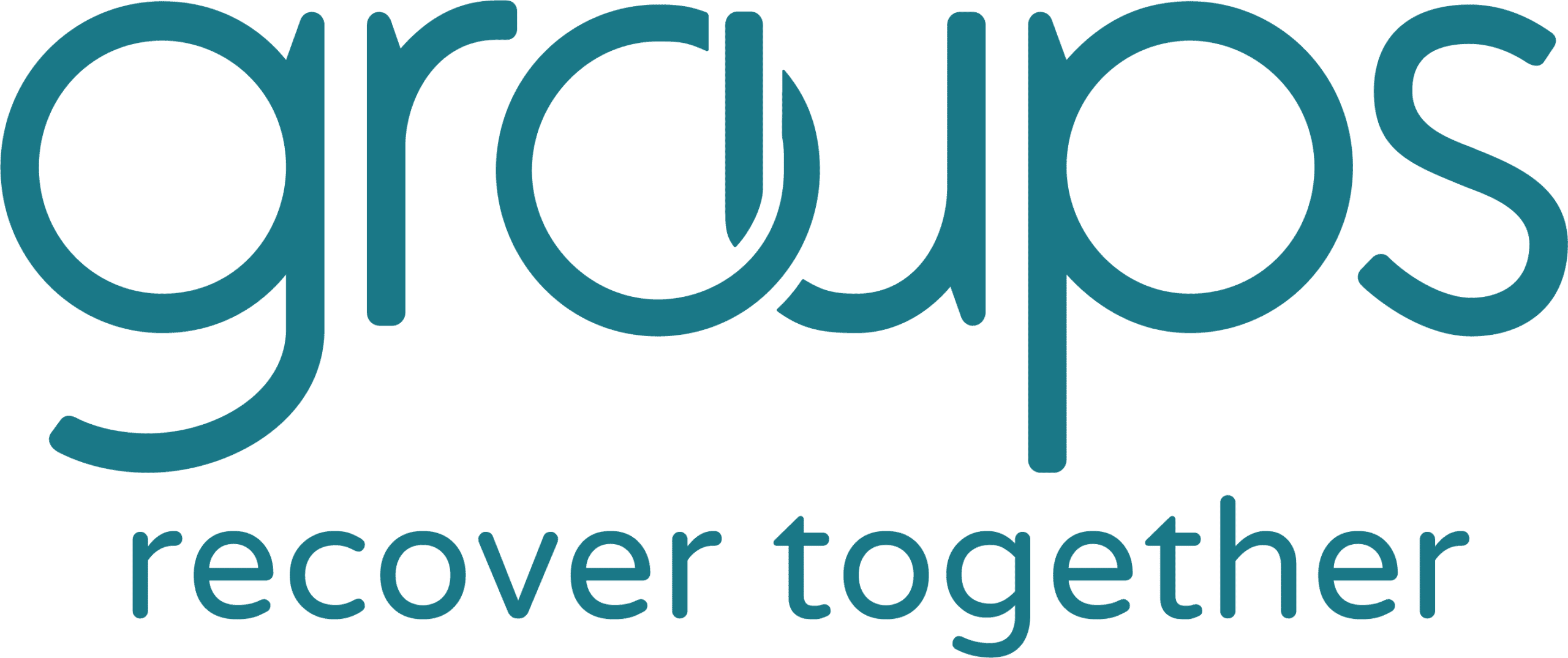The term “self-care” can mean something different for everyone because it’s based on what makes each individual feel the most relaxed and content. Some people block off 30 minutes of alone time each day, while others prioritize quality time with their loved ones. But no matter what self-care looks like for you, it’s important that you practice it at the beginning of your opioid use disorder journey.
Self-care refers to anything that helps you improve and protect your mental, emotional, and physical well-being. When you’re starting your recovery from opioid use disorder, practicing self-care helps you gain the ability to manage stress and improve how you see yourself. These abilities help you to resist cravings, move along your recovery journey, and work toward the life you want. Though they aren’t a primary treatment, they can support recovery in addition to other options.
Read on to learn about a few self-care strategies that can help you at the early stages of recovery and throughout the journey.
5 types of self-care to use at the beginning of your opioid use disorder recovery
Self-care is a concept that everyone can benefit from adding into their lifestyle. But it can be essential when you’re in the early stages of recovery from opioid use disorder because it helps you to form habits that keep you pushing through the challenges. For example, they can play a role in resisting cravings and working through withdrawal symptoms, like mood changes.
Here are five self-care tips worth trying in the early stages of recovery from OUD:
-
Be kind to yourself
It seems like it’s human nature to be too hard on ourselves, from being your own worst critic to setting unrealistic expectations for yourself. And that’s OK. But starting your opioid use disorder recovery is a big step that you should be proud of, even when there are challenges that come along. Being kind to yourself means being understanding of your feelings and showing grace when you have a misstep. Relapse doesn’t erase progress.
Being kind to yourself involves:
- Talking to yourself in the way you would talk to a friend
- Positive self-talk to reframe negative thoughts
- Knowing your value and what you deserve
-
Focus on an enjoyable activity
An important goal of self-care is to boost positive emotions, such as joy, excitement, and contentment. By finding activities that make you feel happy, you’re prioritizing your mental and emotional health as you navigate the challenges that can occur when you start your recovery, such as stress and anxiety.
There are many types of activities that can bring you positive emotions and relaxation, including:
- Making art
- Garden
- Join a local club or sports team
- Cooking or baking
- Spending quality time with loved ones
-
Do some form of regular exercise
Exercise can help your mental and physical health, but it’s always easier said than done to do regularly. At the beginning of your recovery journey, it’s important to complete some form of exercise that can become a staple in your routine, both now and in the future.
The CDC recommends completing approximately 150 minutes of moderate-intensity activity every week, such as biking, walking, or dancing. That comes out to 30 minutes, five days a week. You should also have two days per week of muscle-strengthening. Exercise works as self-care that can help you navigate recovery in several ways, including:
- Boosting your self-esteem
- Finding opportunities for social interactions
- Releasing endorphins, which are known as “happy hormones”
- Possible reduction of muscle aches that can come from withdrawal
-
Improve your diet
Eating may be a human requirement, but eating right is a type of self-care. When you’re putting a variety of nutrient-rich foods into your body, you’re also improving your mental well-being that can help you in the beginning stages of your OUD recovery. By eating well-balanced meals that give your body the nutrients it needs, such as protein, zinc, and vitamin A, you’re possibly able to:
- Boost your energy levels
- Reduce feelings of symptoms and anxiety
- Increase your ability to regulate your emotions
- Improve your digestive system that may be affected by opioid use
-
Practice mindfulness every day
Managing stress plays a key role in prioritizing your mental and emotional health as you start your OUD recovery. A common stress relief technique is mindfulness, which is a practice that helps you focus on the present. Mindfulness involves being completely aware of your thoughts and feelings at the current moment, as well as what’s going on around you.
Mindfulness gives you the opportunity to let your thoughts go through your mind without judgment. You’re able to enjoy living in the moment as opposed to feeling guilty about the past or worrying about the future.
Mindfulness activities include:
- Mindful breathing
- Mindful walking
- Body scanning exercises
Groups can help you find the self-care tips that will help your recovery
Self-care can be a powerful tool for helping you along your opioid use disorder recovery journey. If you need help figuring out which ones will work best for you, Groups is here to help. During group support meetings, you’ll learn strategies that have worked for other people that have similar experiences.
Give our Recovery Support Specialists a call today for more information or to begin your recovery. We provide treatment across the country — and we’re always expanding. See if we offer care in your state, either online or at one of our 130+ local offices. If Groups doesn’t offer treatment in your area, you can locate other treatment options here.




